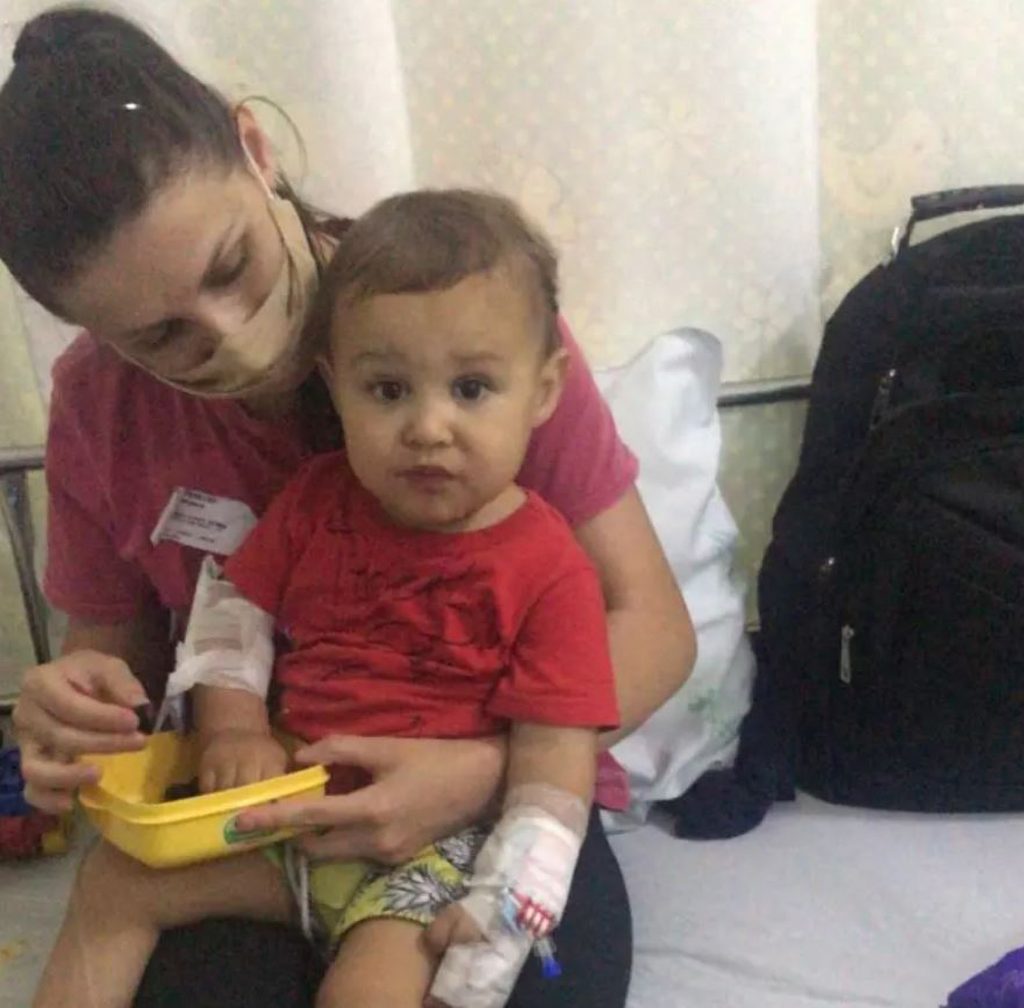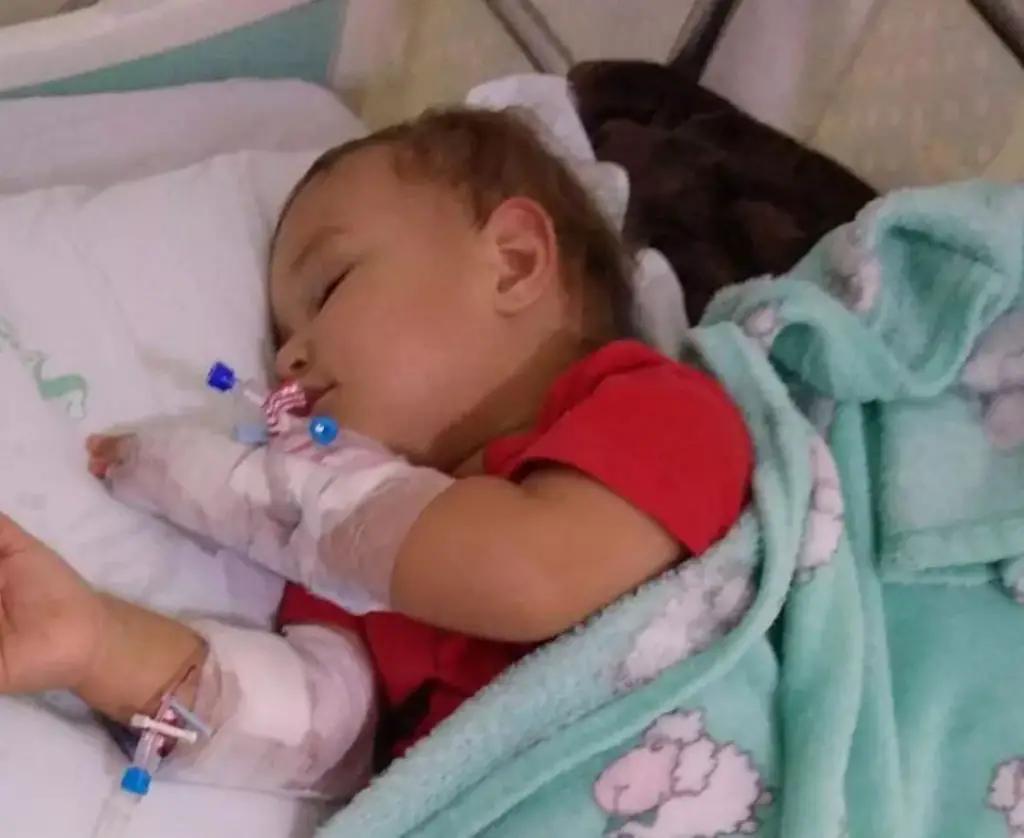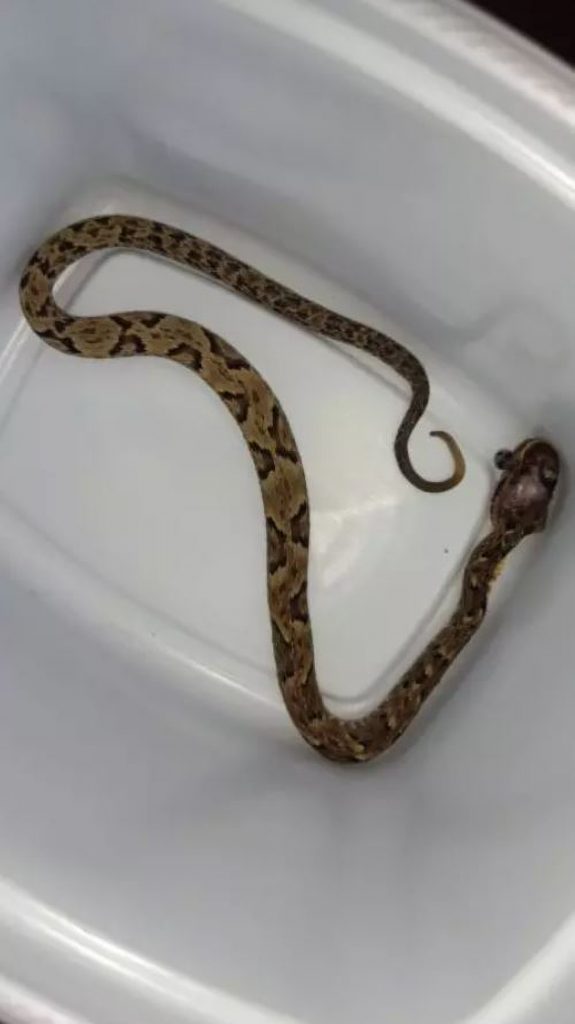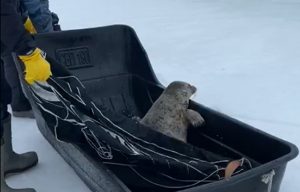A one-year-old toddler has survived a bite from a highly-venomous jararaca snake after it was killed and taken to hospital with the boy to help doctors identify the best antidote.
Little Benjamin whose full name was not given was taken to Hospital Santo Antonio in the city of Blumenau in the southern Brazilian state of Santa Catarina along with the dead snake so doctors could identify the species and give the right antidote.
According to the child’s 36-year-old father, radiodiagnostic technician Paulo Henrique Machado, the tot was playing in his grandmother’s back garden on 13th September when he was bitten by the snake.

Family members noticed the bite when the toddler began crying and a neighbour found the snake near where Benjamin was playing.
The neighbour killed the reptile and placed it in a pot so the family could take it to hospital and help doctors identify the correct species.
Paulo said: “I stepped on the accelerator with a feeling of dread because I didn’t know how much time I still had left.

“Doctors took a photo of the snake and sent it to a specialist who identified it as a young jararaca.
“The feeling is now one of relief. We were very scared before, but now we are relieved, despite the stress.”
Doctor Augusto Ronchi said it was very important that the family could inform doctors what kind of snake it was, adding: “Jararacas, the snake that caused the accident, can be mistaken for populations of non-venomous snakes.

“The fact the child cannot speak or describe the animal could have caused a delay in the diagnosis, therefore it is important to take photos or, when possible, safely bring the animal in to assist with the evaluation.”
In Brazil, treatment for snake bites is provided by the country’s public healthcare system SUS.
The boy left hospital on 15th September.



